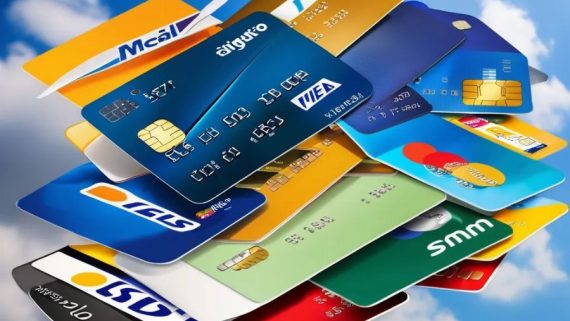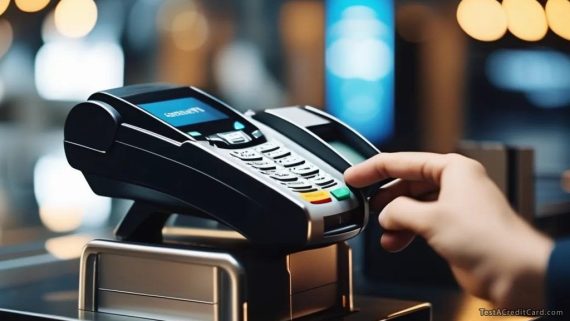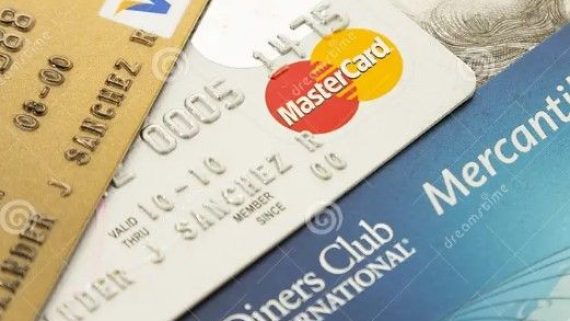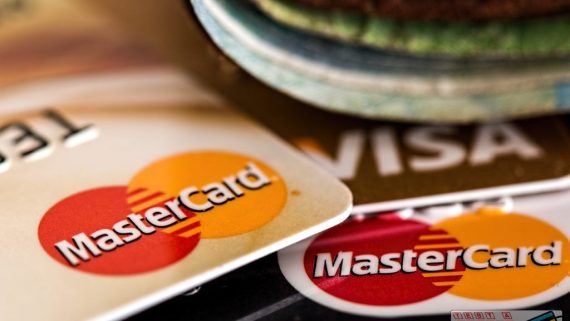Using credit cards safely involves implementing several practices to protect your financial information and minimize the risk of fraud or unauthorized charges.
Improving the safety of credit cards usage
Keep your credit card secure
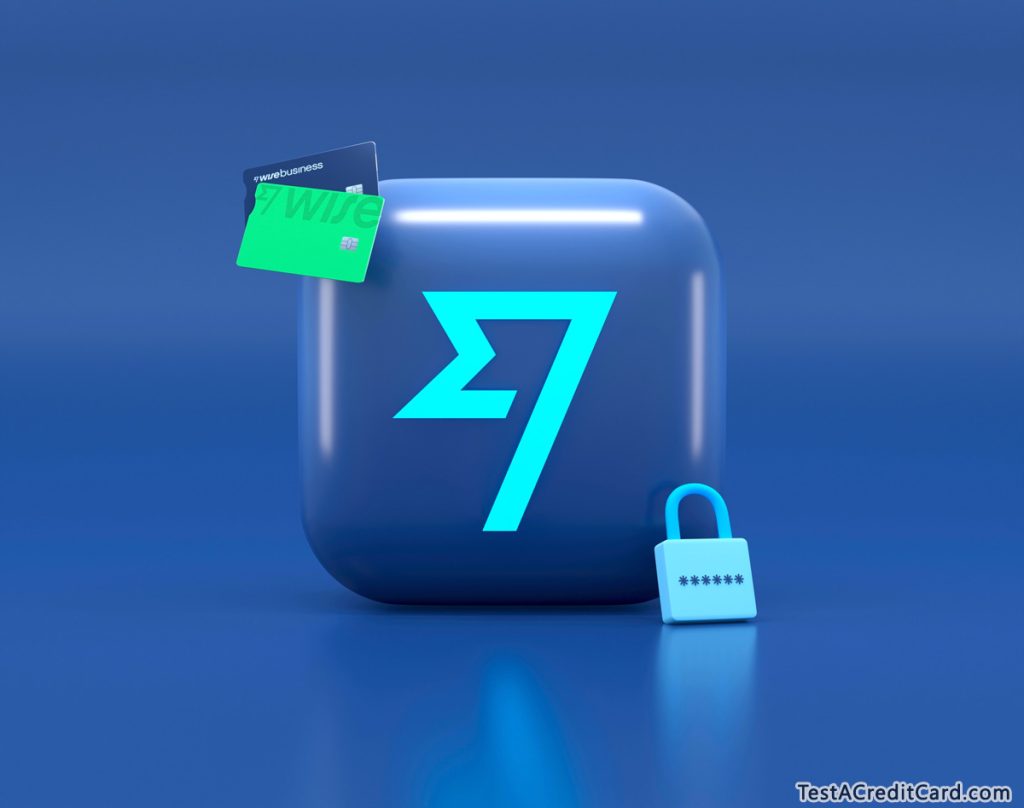 Always keep your physical credit card in a safe place. Don’t share your card information or allow others to use your card without your permission. Be cautious when providing your card details online or over the phone, ensuring you’re on a secure and reputable website or speaking to a trusted individual.
Always keep your physical credit card in a safe place. Don’t share your card information or allow others to use your card without your permission. Be cautious when providing your card details online or over the phone, ensuring you’re on a secure and reputable website or speaking to a trusted individual.
Protect your card information
Avoid writing down your credit card number or sharing it via unsecured channels such as email or text messages. Memorize your card details and keep them confidential. Additionally, be cautious when providing your credit card information over the phone or in person, ensuring you’re communicating with legitimate and trusted entities.
Monitor your account regularly
Regularly review your credit card statements and transaction history online. Promptly report any suspicious or unauthorized charges to your credit card issuer. Many credit card issuers provide online access and mobile apps that allow you to monitor your account activity easily.
Use secure websites for online transactions
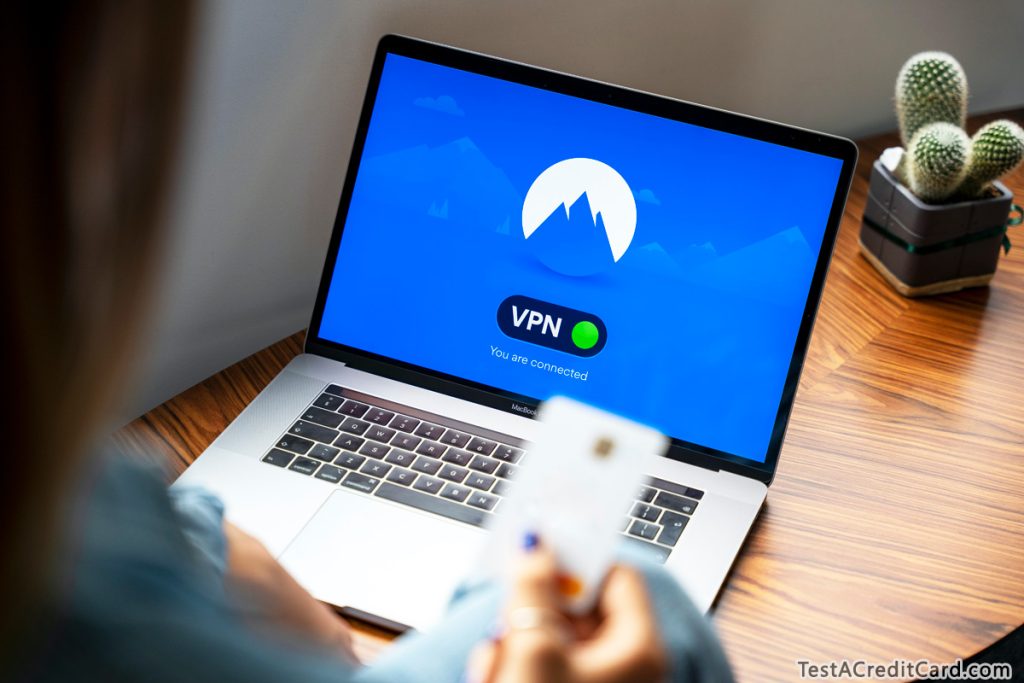 When making online purchases, ensure that you are on a secure website before entering your credit card information. Look for the padlock symbol in the browser’s address bar, indicating a secure connection (HTTPS). Avoid entering your credit card details on unsecured or suspicious websites.
When making online purchases, ensure that you are on a secure website before entering your credit card information. Look for the padlock symbol in the browser’s address bar, indicating a secure connection (HTTPS). Avoid entering your credit card details on unsecured or suspicious websites.
Be cautious with public Wi-Fi networks
Avoid entering sensitive information, such as credit card details, when connected to public Wi-Fi networks. Public Wi-Fi connections may not be secure, making it easier for hackers to intercept your data. If you need to make a secure transaction, use a trusted and secure network or consider using a virtual private network (VPN) for added protection.
Enable transaction alerts
Many credit card issuers offer the option to receive transaction alerts via email, SMS, or mobile app notifications. Enable these alerts to stay informed about any transactions made on your credit card. If you notice any unauthorized activity, contact your credit card issuer immediately.
Regularly update passwords and PINs
Choose strong, unique passwords for your online credit card accounts and change them periodically. Avoid using easily guessable information, such as birthdays or names, and consider using a password manager to securely store and generate complex passwords. Additionally, ensure that your credit card PIN is not easily guessable and keep it confidential.
Report lost or stolen cards promptly
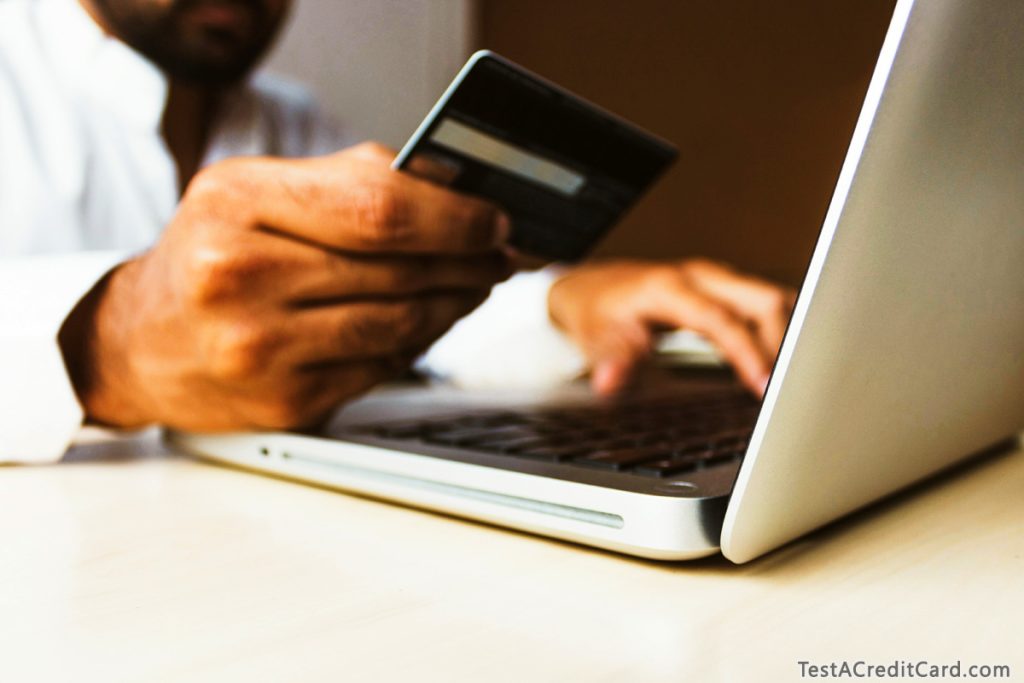 If your credit card is lost, stolen, or misplaced, report it to your credit card issuer immediately. Most issuers provide 24/7 customer service for reporting lost or stolen cards. Timely reporting helps protect you from any unauthorized charges and allows your issuer to take appropriate action.
If your credit card is lost, stolen, or misplaced, report it to your credit card issuer immediately. Most issuers provide 24/7 customer service for reporting lost or stolen cards. Timely reporting helps protect you from any unauthorized charges and allows your issuer to take appropriate action.
By following these practices, you can significantly reduce the risk of credit card fraud and ensure a safer experience when using your credit cards.


